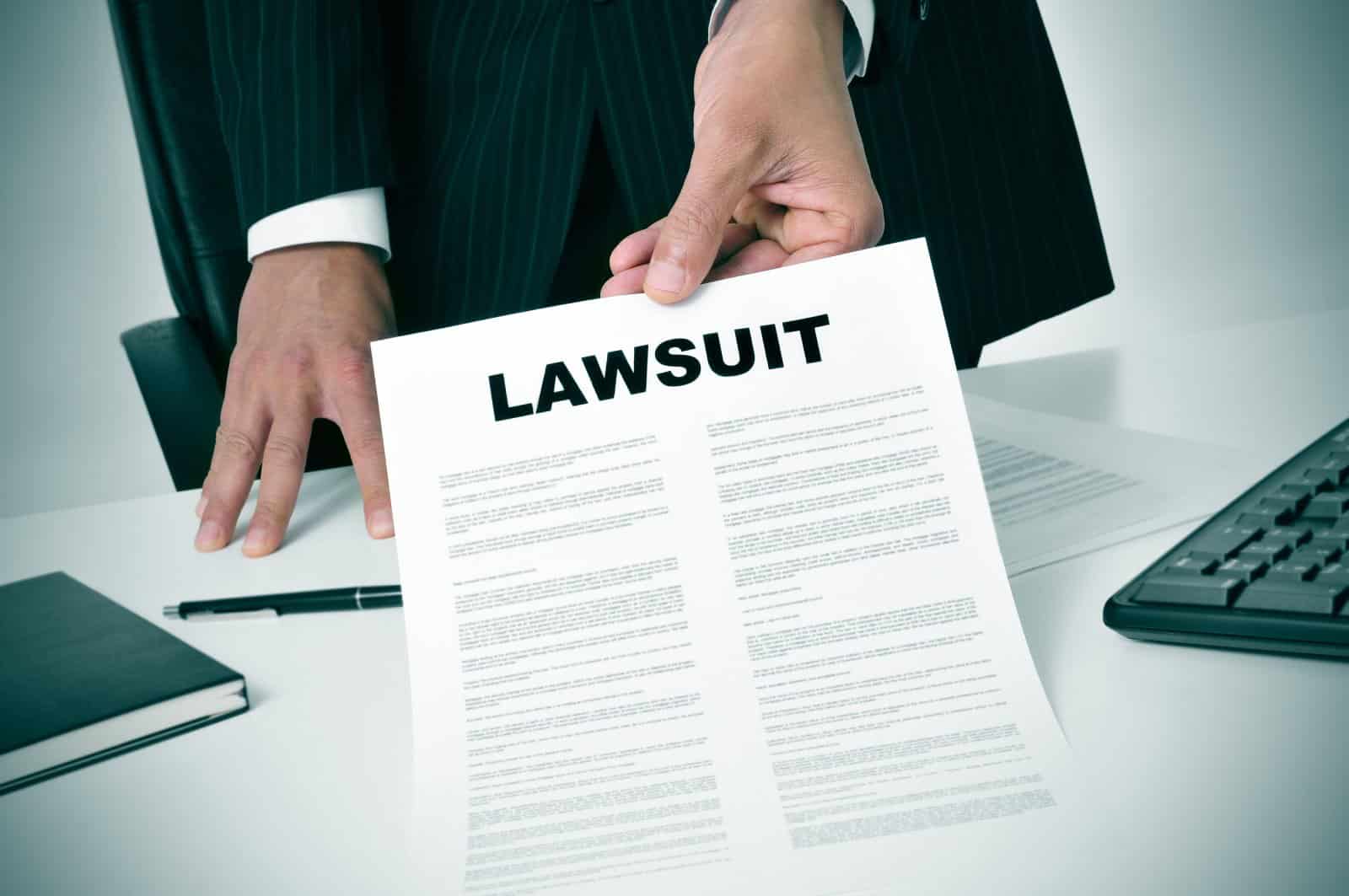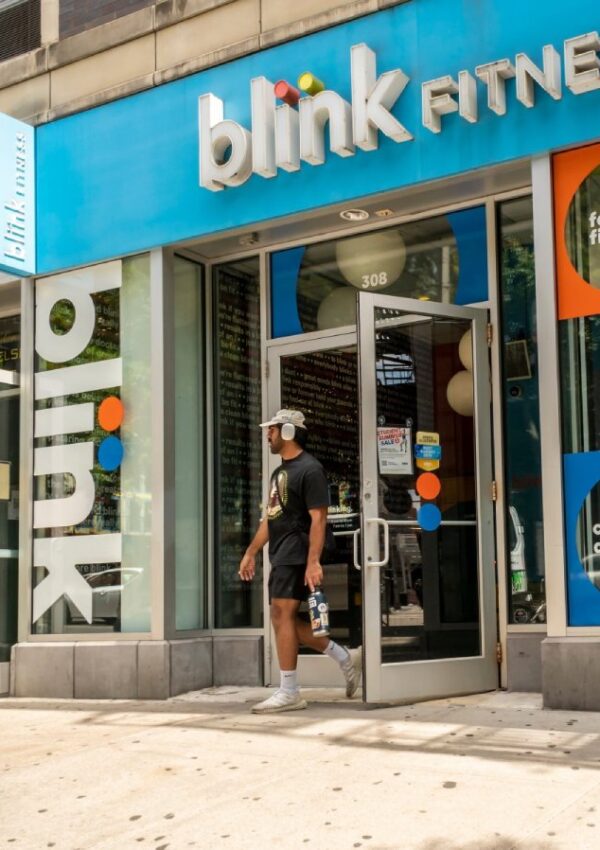America’s biggest retail store chain is being taken back to court after a lawsuit argued that the corporation has been knowingly overcharging customers in six different states.
Deceptive Practises at Walmart

Walmart is set to face a class-action lawsuit over allegations that the multinational retail giant engaged in “deceptive and unfair pricing practices” over the years.
Overcharging at the Checkout

The lawsuit was filed by plaintiff Yoram Kahn, who claims that Walmart systematically overcharged its customers, by charging them more at the cash register than the advertised cost of items on store shelves.
Hundreds of Millions in Profit

While the difference between prices on the shelves and prices at checkout was largely minimal, it was enough to “add up to hundreds of millions of dollars each year,” according to the lawsuit.
“Pervasive and Continuous” Pricing Practices

“Kahn alleges that Walmart is aware of these discrepancies between shelf prices and register prices and that its unfair and deceptive pricing practices are pervasive and continuous,” the lawsuit states.
Dismissal Reversed

The lawsuit has been ongoing since early 2023. It was initially dismissed by US District Judge Sara Ellis in Chicago in March 2023. Now, the 7th U.S. Circuit Court of Appeals in Chicago has officially reversed the lower court ruling.
Consumers Can Come Forward

The 7th U.S. Circuit Court of Appeals in Chicago issued a court order last Thursday in favor of the lawsuit, granting consumers the right to come forward and prove that the corporation has violated consumer protection laws.
Potential Violation of Consumer Protection Laws

The appeals court asserted that if these “bait-and-switch” pricing strategies could be proven, it would constitute a violation of relevant consumer protection laws found in several states where Walmart operates.
A Reasonable Expectation

Circuit Judge David Hamilton also stated that the lawsuit was correct in claiming that consumers should reasonably excerpt prices displayed on retail shelves to match the prices given at the register.
Khan’s Shopping Experience

The lawsuit stems from Kahn’s own experiences as a Walmart shopper. While shopping at a store in Niles, Illinois on August 2, 2022, Kahn purchased 15 items from the shelves.
6 Items Marked Up

However, when the items were scanned at the register, Khan was confused by the final price, which was significantly higher than the calculations he had made prior to purchase. He later realized that 6 of the 15 items had been marked up by 10-15% higher than the prices listed on the shelves.
Small Change for Some, Big Profit for Walmart

“In total, Kahn paid Walmart $1.89 in overcharges on these six items, nearly seven percent of the pretax total of his bill,” the appeals court noted. “Small change for Kahn as an individual, no doubt, but keep in mind the volume of Walmart’s business.”
Other State’s Affected

Khan’s lawsuit then pointed to other Walmart locations in Florida, Indiana, Maryland, New Jersey, and New York, where similar price discrepancies could be observed.
Are Receipts Enough?

Walmart initially responded to the lawsuit by claiming that receipts provided following a purchase were enough to subvert allegations of unfairness since they truthfully presented the actual price to customers.
Court Dismisses Walmart’s Claims

However, the court bluntly dismissed Walmart’s claim, and its effectiveness, in its court statement.
Rejecting It’s Theory

“We reject the theory that providing a customer with a receipt after payment stating the actual price charged is sufficient, at least as a matter of law,” the court statement reads. “To dispel any potential deception or unfairness caused by an inaccurate shelf price.”
Unreasonable Expectations

Attorneys defending Kahn also claimed that it was unreasonable for Walmart to expect its customers to be able to make note of all the discrepancies between prices listed on shelves and at checkout.
“Customers Will Not Undertake Such Audits”

Judge Hamilton agreed with the statement in the court ruling, writing: “Who does that? For obvious reasons, consumers will not undertake such audits.”
Not the First Pricing Dispute

Khan’s lawsuit is just the next in a line of legal disputes involving Walmart and its perceived pricing problems. Back in June this year Walmart paid $1.64 million to settle a New Jersey lawsuit.
New Jersey Lawsuit

The lawsuit alleged that Walmart had “repeatedly engaged in unlawful unit pricing practices” in 64 locations across the state.
2021 Lawsuit in North Carolina

In 2021 two North Carolina locations were fined for “repeated and excessive scanning charges,” which caused customers to be charged more than the store price for items they had purchased.
Millennials Are Over It: 25 Reasons Woke Culture Is Losing Its Charm

Has the push for progress tipped too far into preachiness? Here’s why many Millennials might think so. Millennials Are Over It: 25 Reasons Woke Culture Is Losing Its Charm
Is It Time Boomers Paid the Price for America’s Economic Inequality?

The American Dream feels more elusive than ever, especially for younger generations. What was once achievable through hard work now faces significant hurdles, from skyrocketing college costs to the challenging pursuit of homeownership. Here’s a look at why it’s tougher for Millennials and Gen Z compared to Baby Boomers. Is It Time Boomers Paid the Price for America’s Economic Inequality?
Rent Crash in California: Landlords Scramble as Prices Take a Hit

California’s rental market is taking a nosedive, with major cities seeing huge drops in rent prices. Rent Crash in California: Landlords Scramble as Prices Take a Hit
Featured Image Credit: Shutterstock / Deutschlandreform.
The content of this article is for informational purposes only and does not constitute or replace professional advice.
The images used are for illustrative purposes only and may not represent the actual people or places mentioned in the article.




